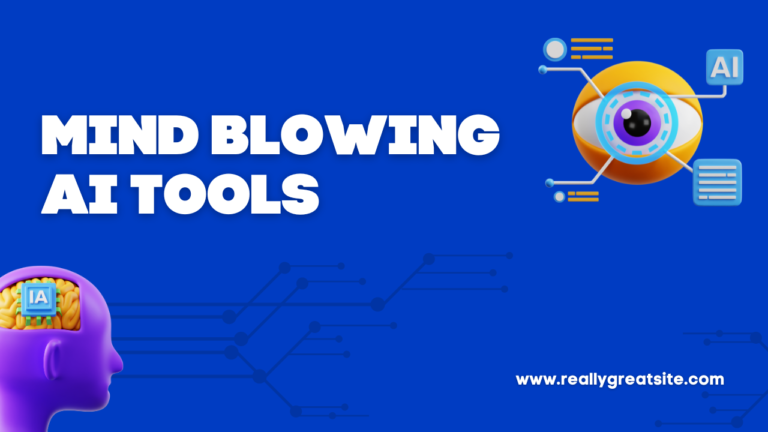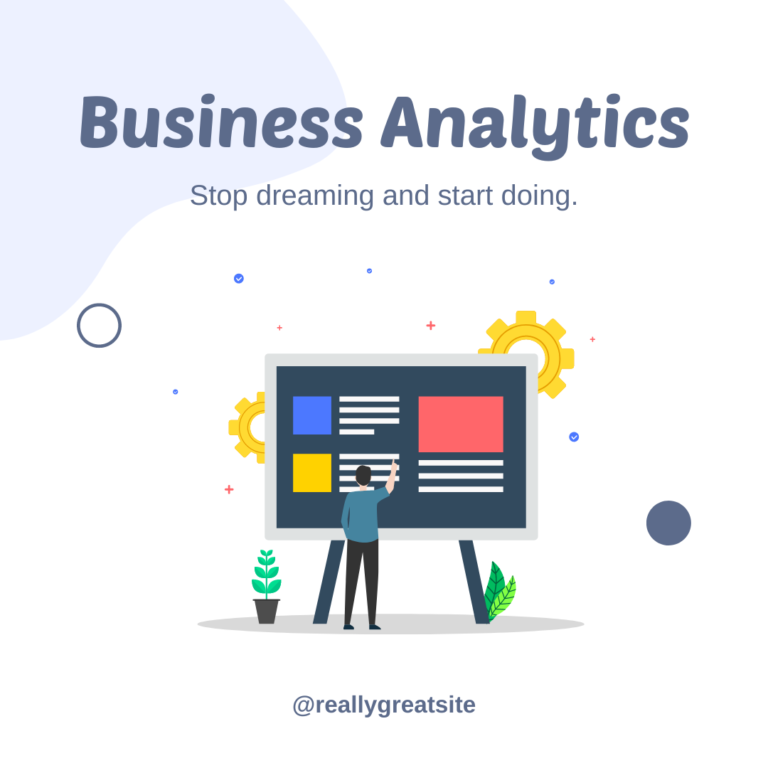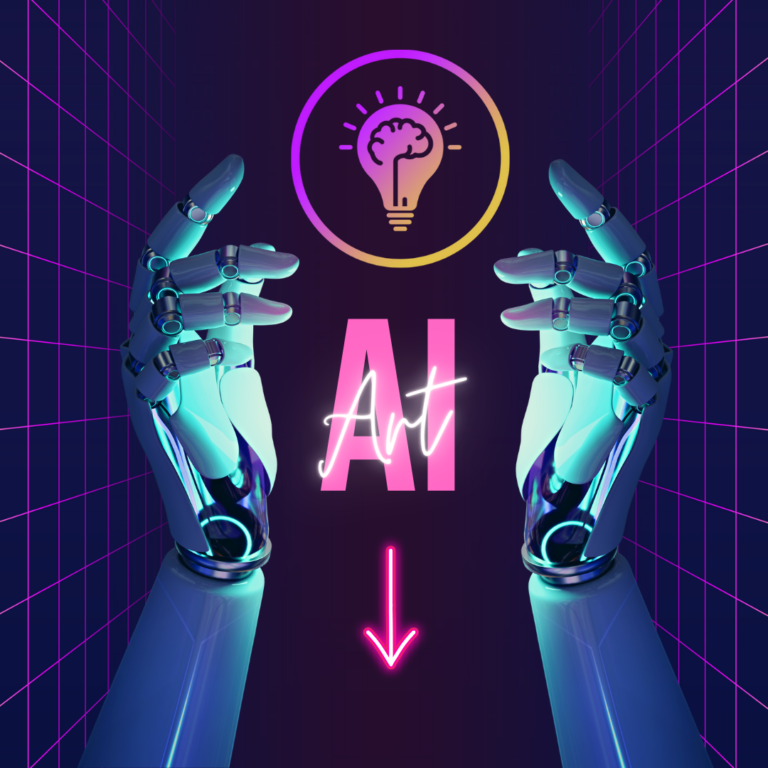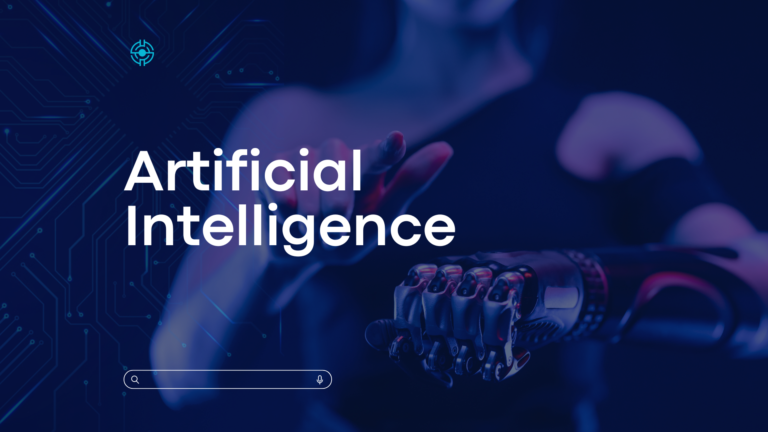IT interview Preparation
While preparation and research are necessary for any job interview, knowing how to respond to IT interview questions and helpful in IT interview preparation. When it comes to getting the job you want, being prepared for unforeseen inquiries and recommendations about what the interviewer is looking for might help you stand out from the competitors.
What qualities do businesses want to see in an IT applicant?
Due to the wide range of topics covered by IT, many organizations seek applicants who are knowledgeable about various programs, applications, and technological domains. Like most professions, the ideal applicant is determined in part by your education and experience. However, businesses also consider your level of technological expertise when considering IT professions. The majority of employers prefer that you have a general understanding of IT and be conversant with their particular technology.
Since the technology sector is always evolving, you must stay current with programs and apps and show that you can grow and adapt by following market trends. When recruiting an IT expert, employers take into account your human skills in addition to your background and experiences to make sure you have the communication and problem-solving talents needed for the position.
Tips for IT job interviews
During a job interview, you have the opportunity to learn more about the firm, what it is looking for in a candidate, and whether the position is a good fit for you. The employer may also learn more about you, your past, and your skills. Basic interview preparation techniques can help you get an advantage over a potential employer. You will be prepared to utilize your skill set to demonstrate why you would be a valuable employee and asset to the firm if you go into the interview knowing what to expect.
Be prepared
Be ready to use your interview as a chance to demonstrate why you are the most qualified applicant for the position. Start by putting on business attire for the interview. Your confidence will grow as a result of this first move, and it will show in your conversation with the employer. Make sure you have copies of your resumes, a list of some prepared questions you may have thought of when researching the role, and a pen and paper so you can demonstrate your interest by taking notes.
Provide instances of your problem-solving abilities.
Many IT jobs require you to articulate your thought process and show how you solve complicated problems. Prepare a couple scenarios where an issue occurred and give examples of how you handled it. Additionally, prepare for any follow-up questions the interviewer might ask and make sure your responses are succinct. This gives the interviewer further insight into your work style and problem-solving skills.
Show your ability to work with others.
Emphasize your ability to collaborate with others because many IT employers require teamwork. Give instances of when you were willing to collaborate with others in order to accomplish a shared objective. Make sure your example is pertinent to the job for which you are interviewing. Show the interviewer how you collaborate with others to create solutions that benefit all employees of the company, as the IT team frequently takes judgments that impact the entire organization rather than just its department.
Do some research on the business.
Researching the role you are applying for and the business in general will help you prepare for any interview. This helps you better grasp what the employer is looking for in a candidate and how to demonstrate to the interviewer that you possess those attributes. Go over the job description again to see what talents you possess that are relevant to the position. In addition to providing you with the chance to express your interest in the role, this is a wonderful approach to find out if you have any questions about it, which will help you clarify any expectations.
Review the newest technological advancements.
It’s crucial to review the newest technologies for every IT job you’re interviewing for. While many roles will expect you to have advanced technical skills and a grasp of the latest trends, at the very least, having a handle on fundamental concepts in various technologies is imperative. Understanding programming languages, data analytics, and computer networking are essential skills IT interviewers are looking for in a candidate. More advanced topics include the latest software, artificial intelligence, machine learning, data science, cloud computing, blockchain, and cybersecurity, to name a few skills.
Inquiries made in an IT interview
During an interview, employers will ask certain questions to see whether you are a good fit for the position. Keep in mind this doesn’t just depend on your background or education. Employers are looking for team players with human skills such as communication, flexibility, and career goals that align with the position and the company. Potential employers can learn a lot about you by asking various questions, such as general questions about your background and technical skills to see if they match the job role and behavioral questions to see if you fit into the corporate culture.
General inquiries
Interviewers usually start with basic questions to find out more about your background, why you want the particular job, and your personality in general. These often include the interviewer asking you to tell more about yourself, your strengths and weaknesses, and your goals. The next steps may include general questions more pointed toward the role you are interviewing, including telling them about a time in your career when you worked under pressure, what IT programs you most recently used, and how you stay up to date on technology. These questions help the interviewer better understand your qualifications.
Technical inquiries
After going over the fundamentals, a lot of IT interviews include questions designed to gauge your technological proficiency and suitability for the role. Examining the job description prior to the interview is beneficial because the questions will change based on your duties. To ascertain whether you possess the abilities required for the role, questions may vary from your fundamental understanding of computer programs.
Questions about behavior
By focusing on your interpersonal abilities, behavioral questions provide the hiring manager a better idea of how well you will fit in with the team. These may include questions relating to personal attributes and work ethics, including teamwork, adaptability, time management, communication, and values. These questions allow you to showcase how you would act in certain situations. For instance, the interviewer may ask you to give an example of how you work under pressure, describe how you demonstrate your ability to collaborate with team members, and explain your responses or actions in other real-life situations.
Experienced IT worker
Your interview is a fantastic chance to showcase your IT-related abilities and expertise if you currently work in the industry and are hoping to advance or change employment. In addition to discussing your abilities and how they fit the job requirements, it is helpful to explain how you solve problems and deal with different circumstances. This enables the interview manager to follow your reasoning and see whether you can provide this knowledge in a clear, logical, and understandable manner. Some essential IT positions in a more technologically advanced society are as follows, if you want to advance in the tech sector:
Your interview is a fantastic chance to showcase your IT-related abilities and expertise if you currently work in the industry and are hoping to advance or change employment. In addition to discussing your abilities and how they fit the job requirements, it is helpful to explain how you solve problems and deal with different circumstances. This enables the interview manager to follow your reasoning and see whether you can provide this knowledge in a clear, logical, and understandable manner.








